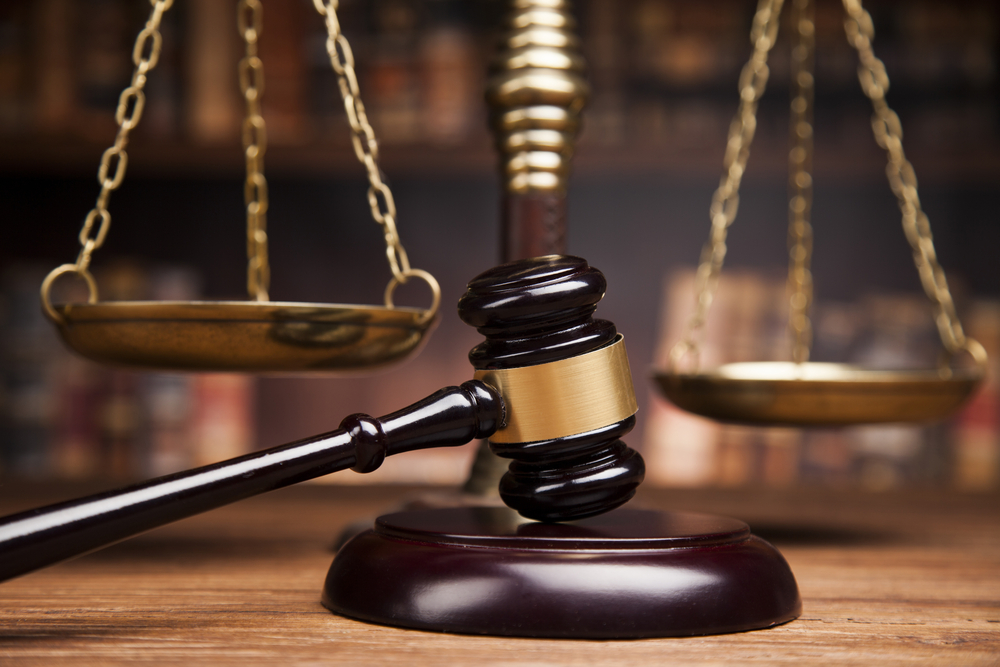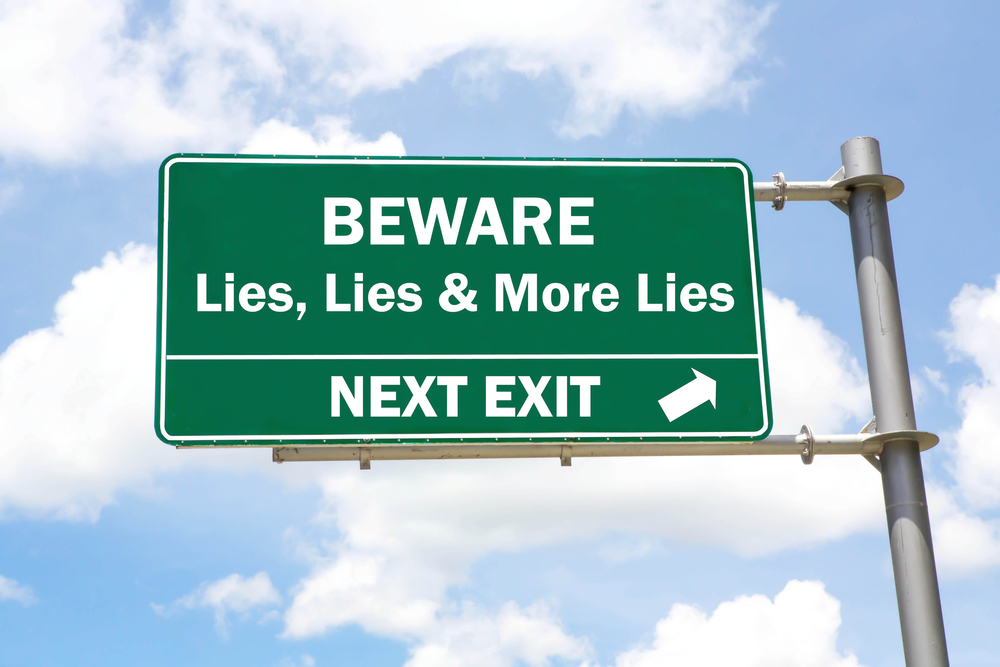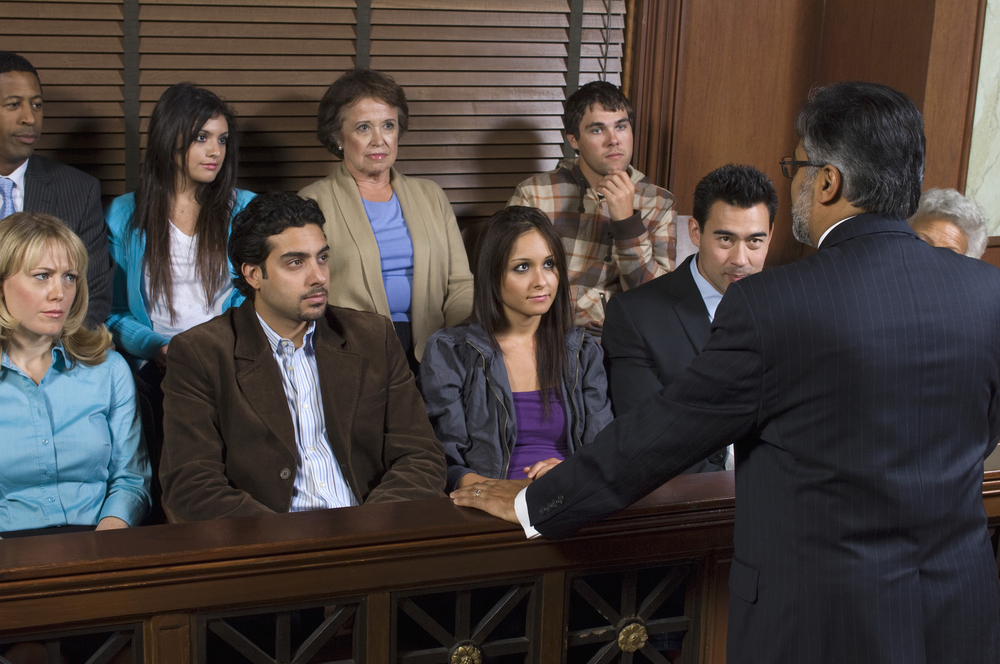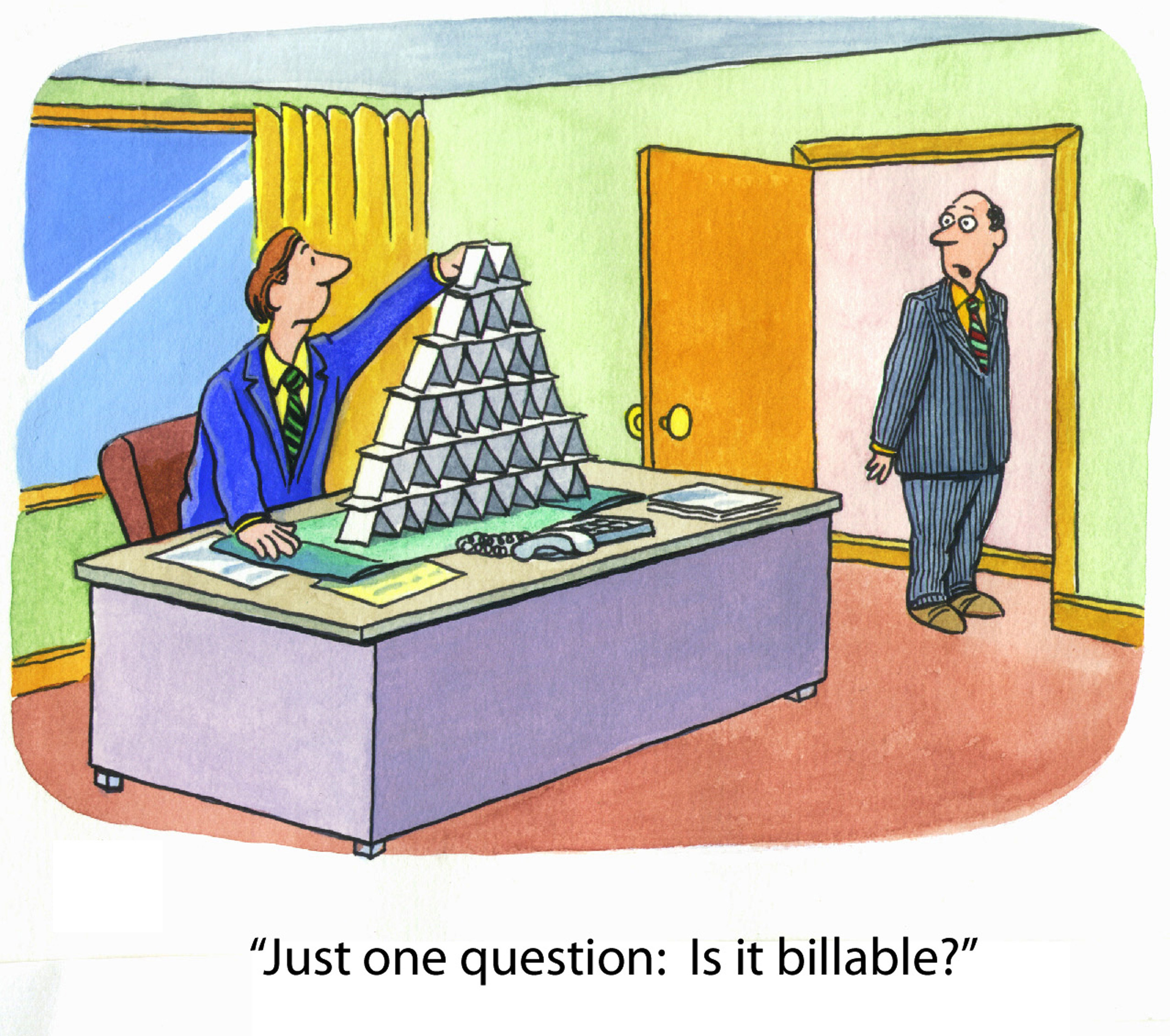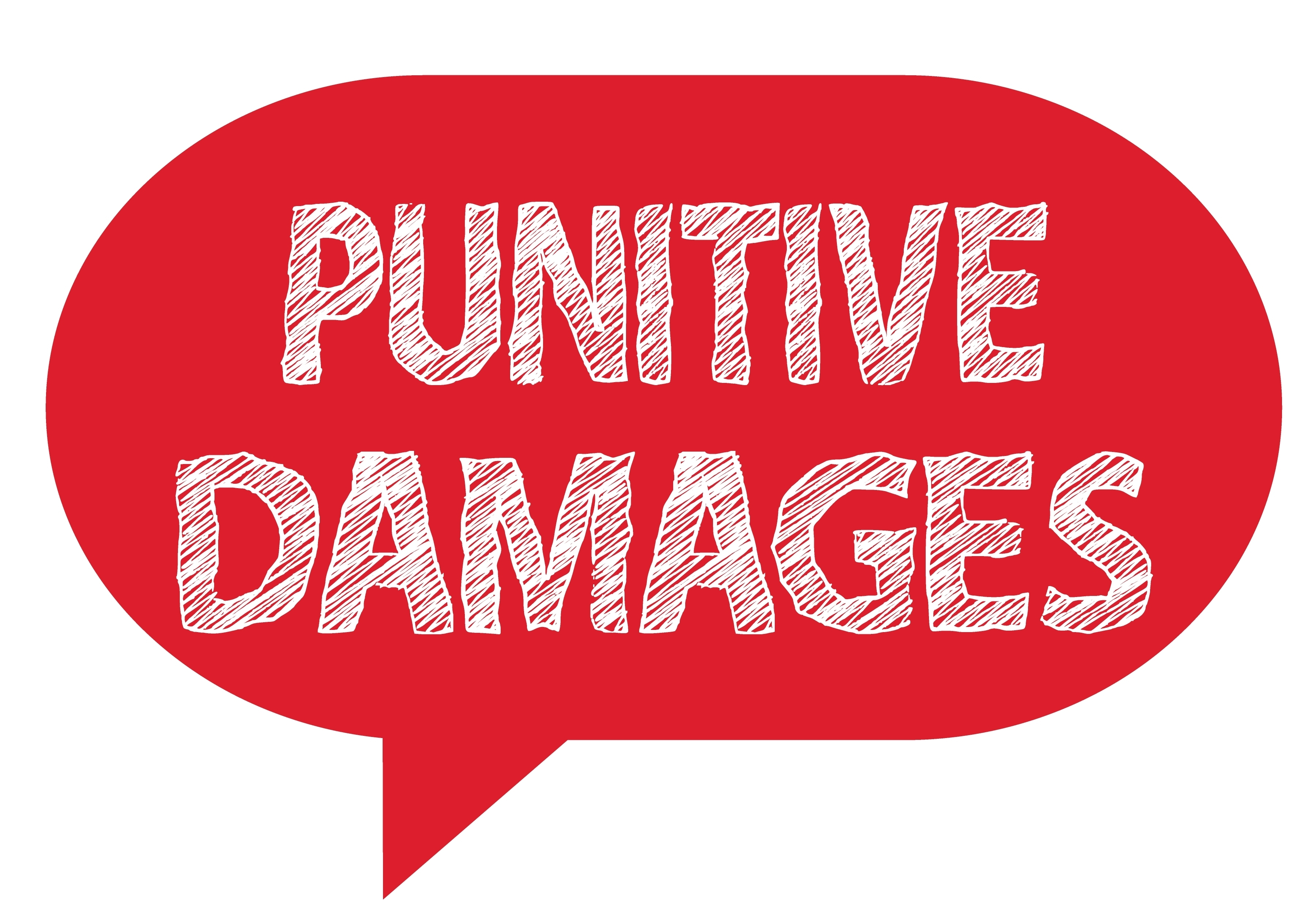Proving ALL of the Elements of a Fraudulent or Negligent Misrepresentation Claim
Fraud claims are hard to prove. Any fraud claim or claim predicated on a misrepresentation is an intentional tort; therefore, it requires proof that the defendant had the intent to induce the plaintiff to act on a misrepresentation and the plaintiff actually relied on and acted on the misrepresentation. While fraud-type claims are perhaps commonly pled, pleading a fraud-type claim and proving a fraud-type claim are two different things. A party can plead a fraud-type claim to get passed a motion to dismiss. Proving the fraud-type claim, however, is a different story. Plaintiffs need to understand the elements they are...
Continue reading





